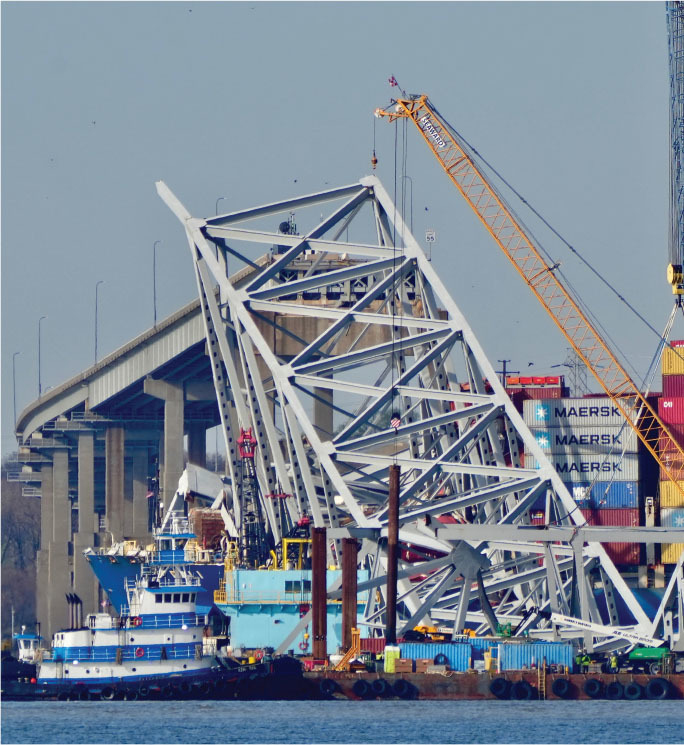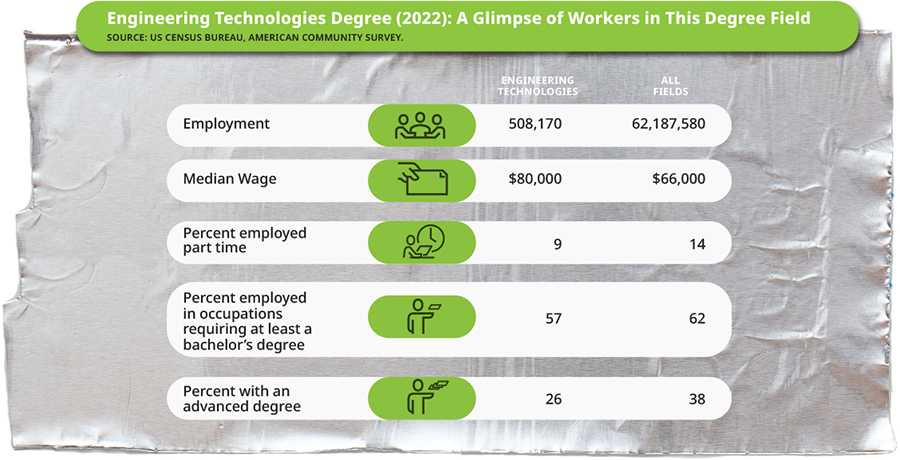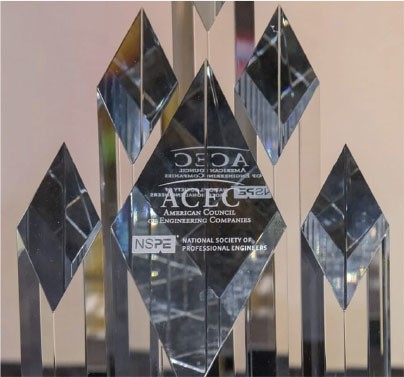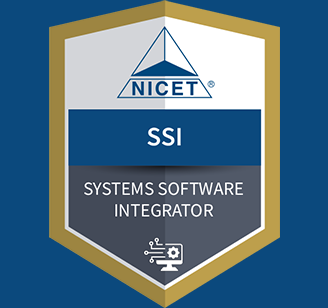May/June 2018
PE Report
South Carolina PEs Continue Battle Against Piping Bill
In South Carolina, the campaign continues against a bill that risks undermining the judgment of professional engineers when selecting the best materials for public works projects.
While the legislation doesn’t specifically prevent engineers from using their judgment, the South Carolina Society of Professional Engineers believes that it opens the door for challenges to an engineer’s decision about materials. Potential challenges, according to SCSPE, could slow down or halt projects, therefore adding to the costs of the projects and requiring more taxpayer money. SCSPE also believes the bill is unnecessary because it merely presents a solution looking for a problem.
The measure (H. 3652) specifically states that all piping materials that comply with sound engineering practices and meet project requirements as determined by an engineer, employed or retained by a governmental body or any political subdivision, can be considered during the bidding process. Approved by the House in March, the bill would apply when a government agency is procuring piping materials for a water supply, wastewater, stormwater, or storm drainage project for which state funds are used. The legislation wouldn’t prohibit an agency official or an engineer from choosing a material for a project at his or her discretion.
SCSPE and organizations like the South Carolina Water Quality Association oppose this legislation, while the American Chemistry Council supports it.
Over the years, NSPE has worked with state societies to defeat legislation that would limit the professional engineer’s independent judgment when making decisions about the proper type of piping. Similar versions of this legislation have been introduced in states including Indiana, Ohio, and Michigan. The professional engineer’s foremost responsibility is to protect the public health, safety, and welfare. Professional engineers are already obligated to choose the right piping material, based on experience, expertise, qualifications, and the applied knowledge of engineering principles.


 Volunteering at NSPE is a great opportunity to grow your professional network and connect with other leaders in the field.
Volunteering at NSPE is a great opportunity to grow your professional network and connect with other leaders in the field. The National Society of Professional Engineers (NSPE) encourages you to explore the resources to cast your vote on election day:
The National Society of Professional Engineers (NSPE) encourages you to explore the resources to cast your vote on election day:










